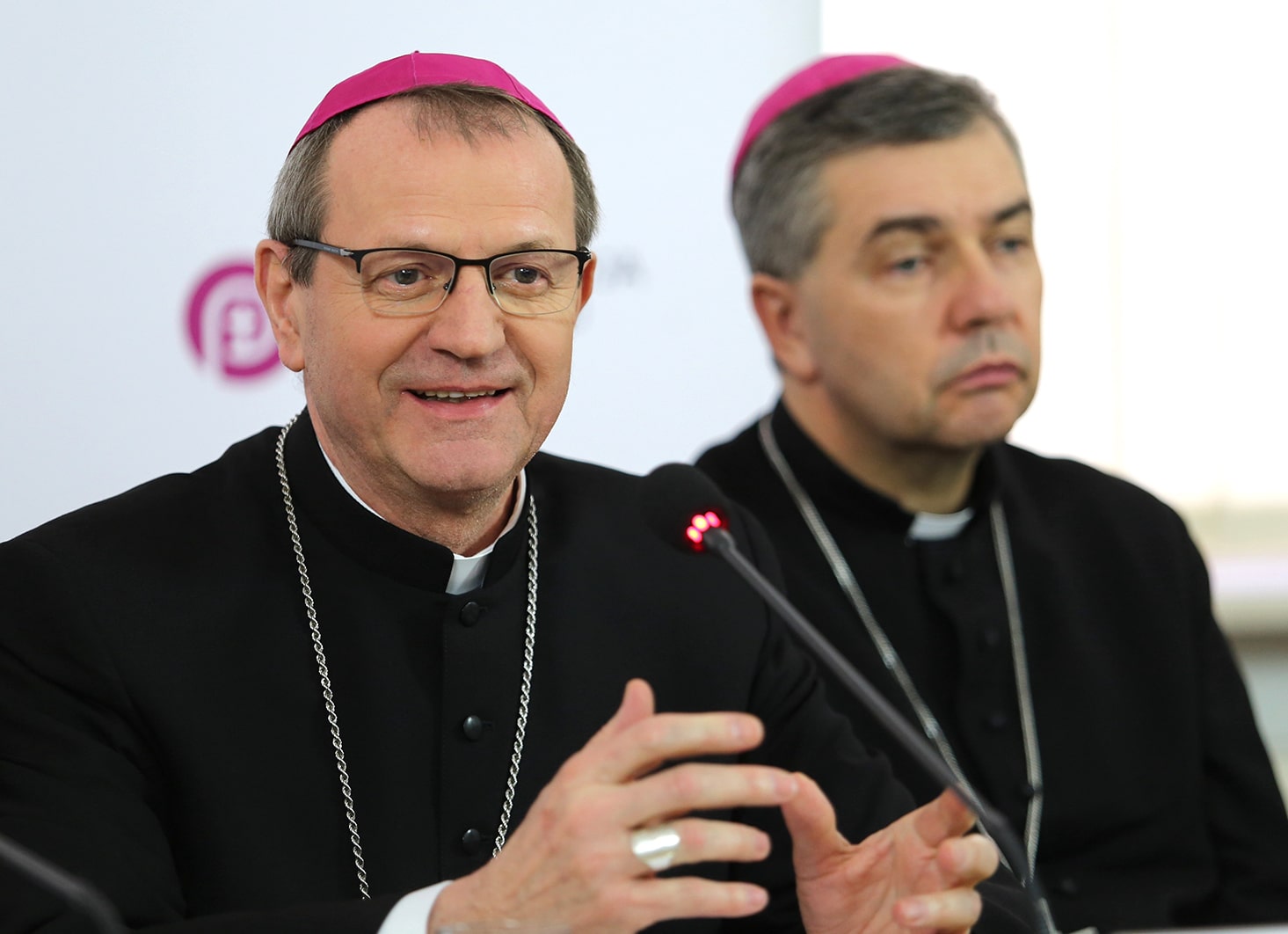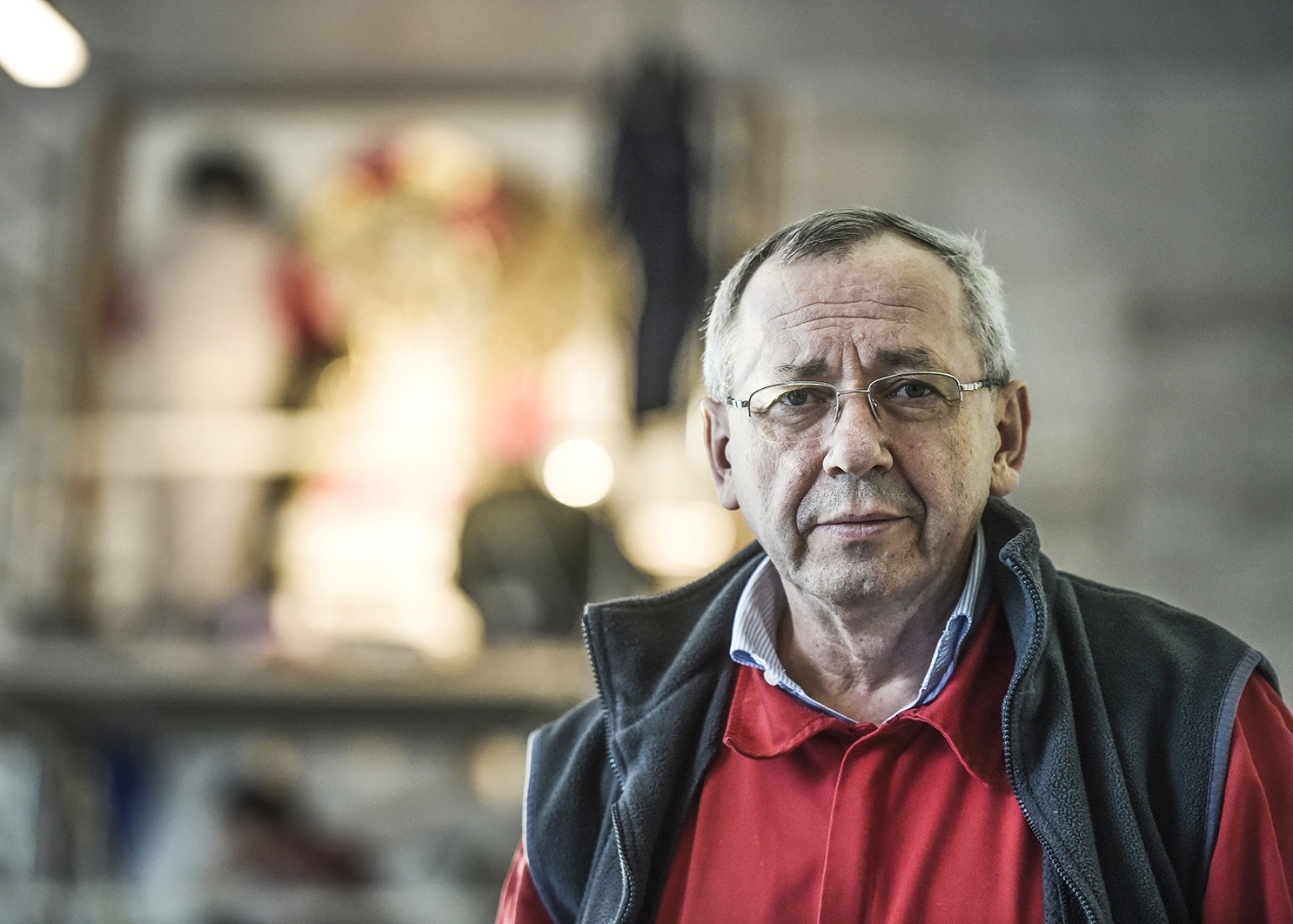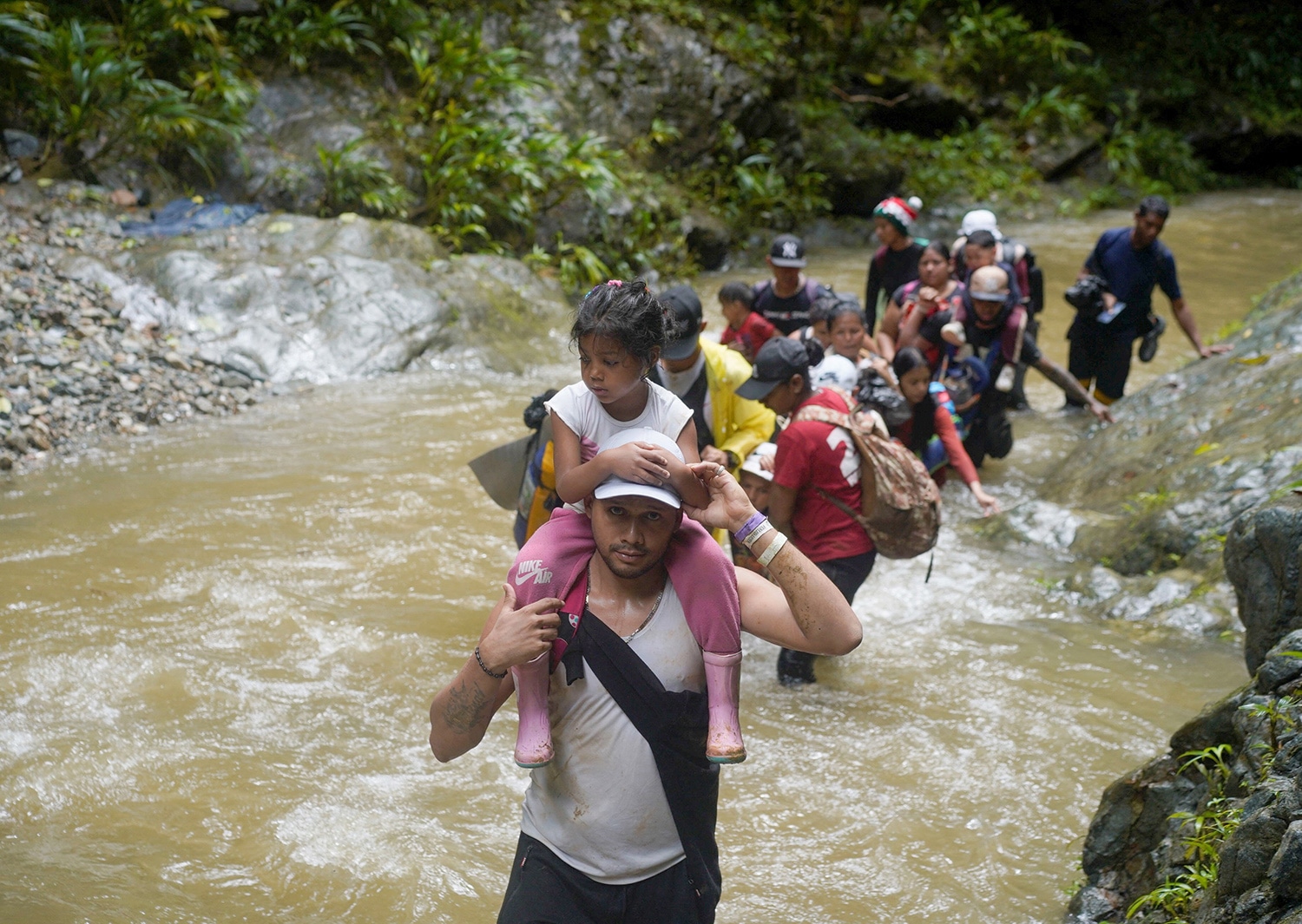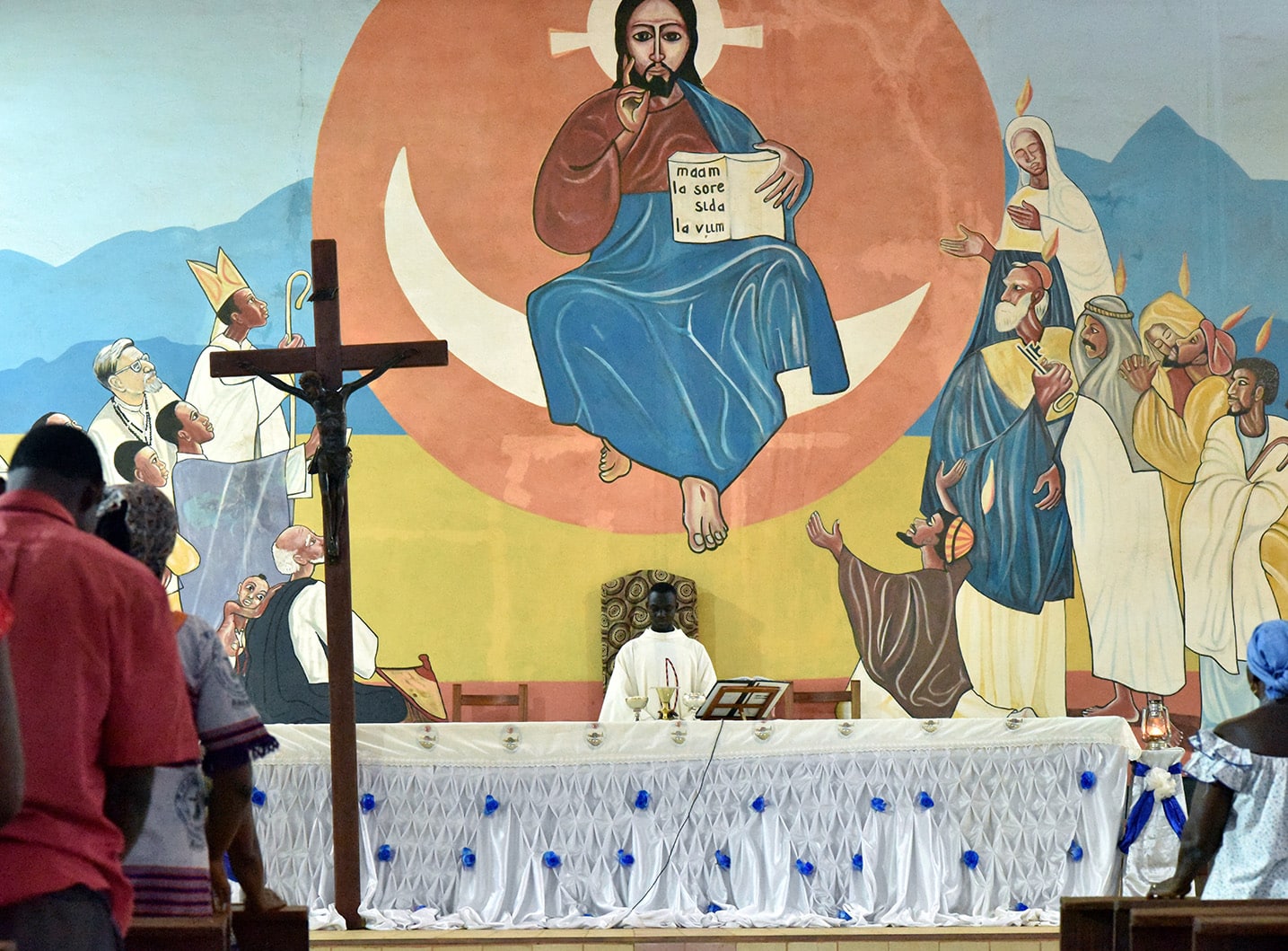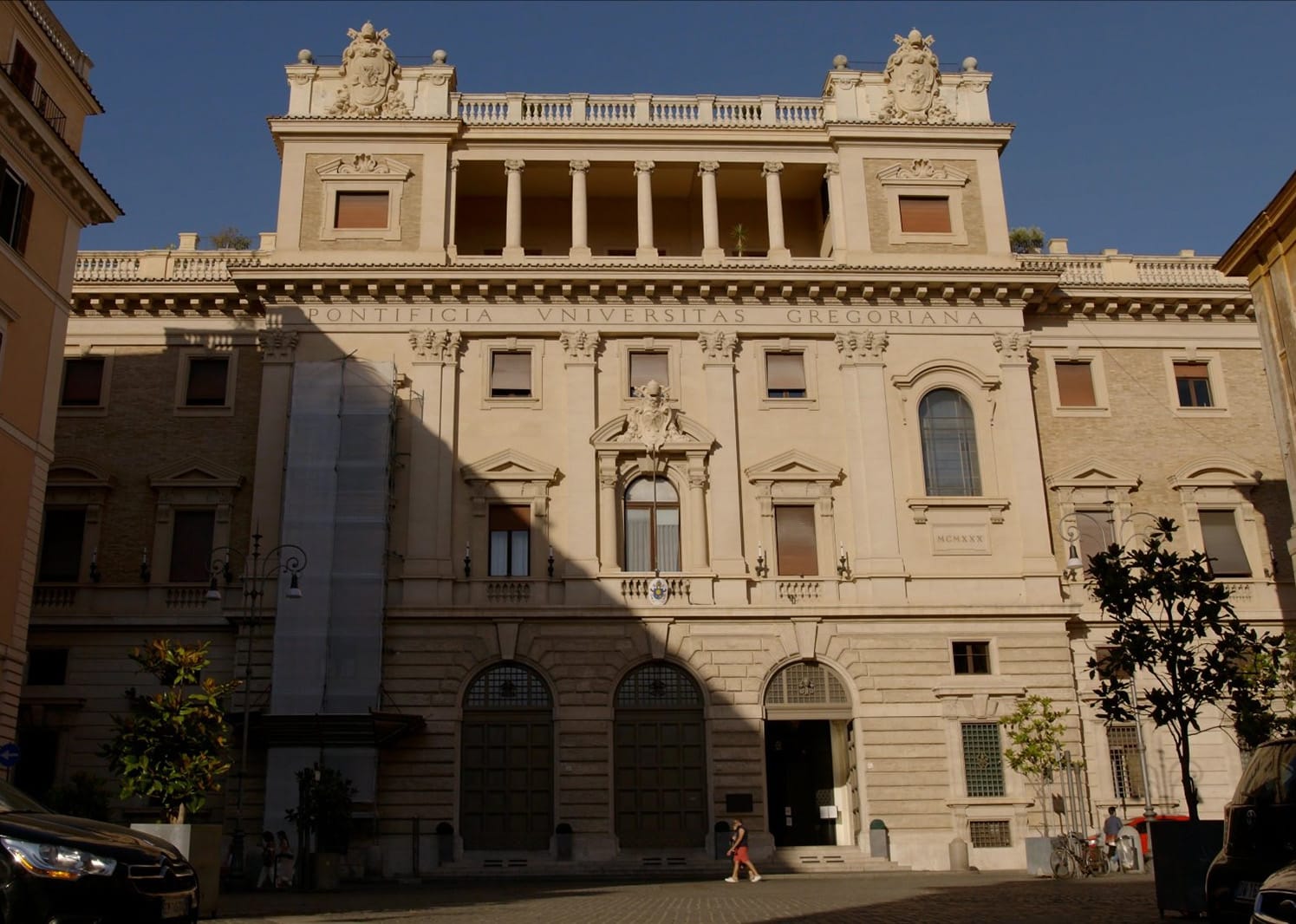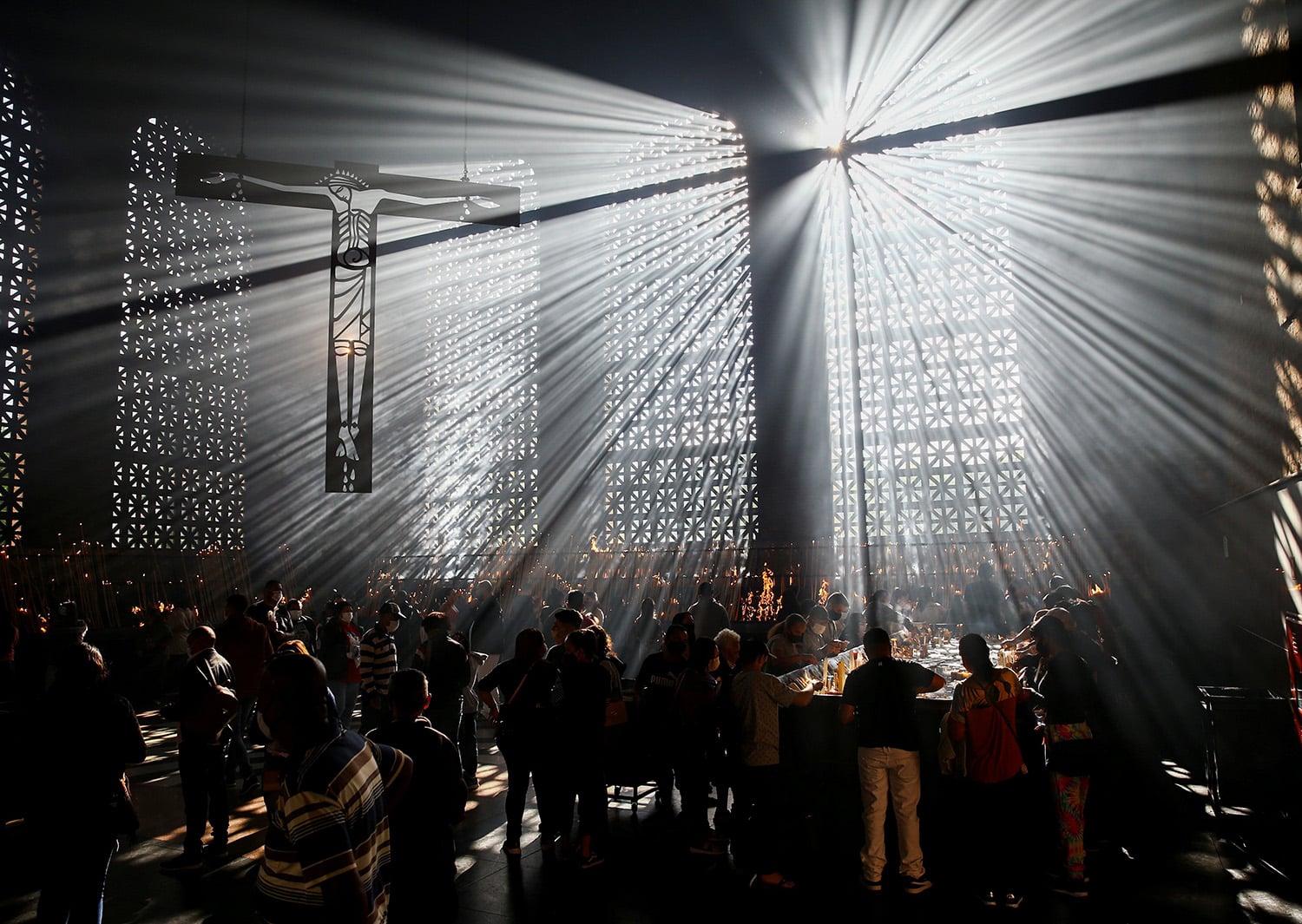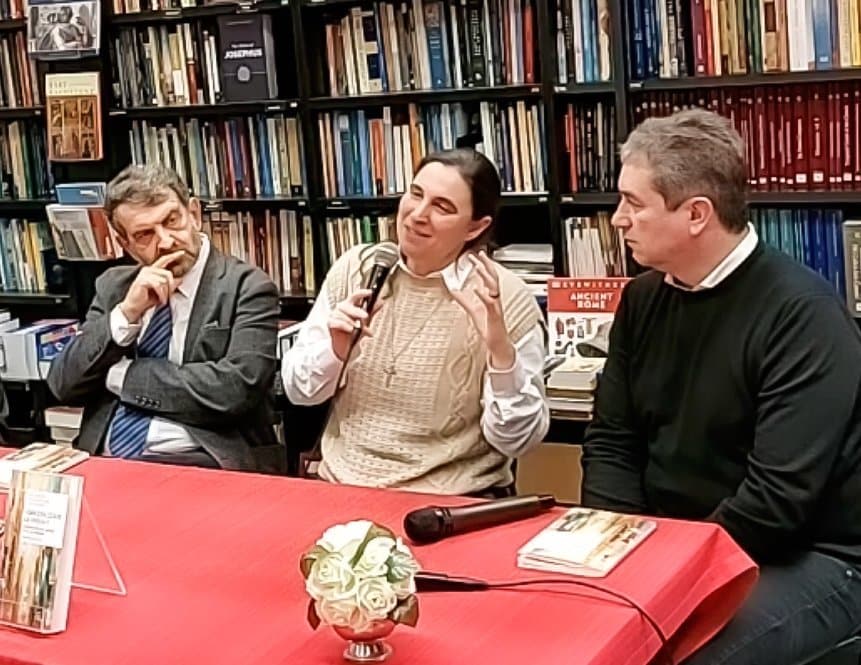WARSAW, Poland (OSV News) — The newly elected president of the Polish bishops’ conference, Archbishop Tadeusz Wojda of Gdansk, the port city famous for being the birthplace of Solidarity, is taking up his tasks in challenging times for the Church in his country.
He will need to steer the boat of the Church through the rough waters of the abuse crisis, the secularization of Europe’s biggest Catholic nation and plummeting rates of trust in the Church in recent years due to lack of accountability.
Archbishop Wojda, whose episcopal motto is “Oportet praedicari evangelium” in Latin, meaning “That the Gospel may be proclaimed,” spent years in the Vatican serving in what was then the Congregation for the Evangelization of Peoples, known as Propaganda Fide, starting in early 1990s under St. John Paul II. Pope Benedict XVI appointed then-Father Wojda as the congregation’s undersecretary in 2012. (In early 2022, the congregation became part of the new Dicastery for Evangelization in Pope Francis’ reform of the Roman Curia.)
In 2017, Pope Francis named him archbishop of Bialystok in the Poland’s picturesque northeastern region of Podlasie. It’s there where Archbishop Wojda protested against the LGTBQ march in July 2019, where “religious symbols were desecrated,” he said, stressing at the time that insulting Catholics and religious figures at the pride parade “mocks the faith and depraves the youngest.”
In March 2021, he was appointed archbishop of Gdansk. He took over one of the most prestigious archdioceses in the country after Pope Francis sanctioned the previous metropolitan, Archbishop Slawoj Leszek Glódz, for negligence in handling clergy sexual abuse cases.
“Pedophilia is a denial of what love and faith in God is. … I will confront this problem, taking all possible steps to solve these issues, to remove this evil from the church, because it is an unacceptable thing,” Archbishop Wojda said in an interview with the Polish Press Agency, or PAP, when he became the archbishop of Gdansk.
Poland ‘Spotlight’ moment
The sex abuse scandal is going to be an important part of Archbishop Wojda’s task to lead the Church in Poland, five years after the avalanche of abuse allegations against Polish clergy emerged in the documentary “Tell No One.” Aired in May 2019. The production marked the Polish “Spotlight” moment, reminiscent of the 2002 investigation of the “Spotlight” team of the Boston Globe in the Archdiocese of Boston.
Exactly a year ago, on March 14, 2023, the bishops of Poland announced they would create a commission of experts to investigate cases of abuse of minors by clergy from the past in the country. To date there is no word on what the commission would look like, who would lead it and what methodology it would apply to the investigation of cases.
In the Church in the U.S., the groundbreaking John Jay report was published in 2004, two years after news about the abuse scandal in the Archdiocese of Boston broke.
Poland has become a testing ground for the newest Vatican’s abuse regulations, with 15 bishops under investigation for a cover-up, of whom two were cleared of allegations and 13 were found guilty of a cover-up. Three other bishops, including one cardinal, were accused of sexual abuse, with one found guilty and two cleared of any allegations.
The Church in Poland, five years into the crisis, has taken upon many reforms, including initiating the St. Joseph Foundation in 2019, financing therapy and other needs of abuse survivors, as well as setting up the Office of Delegate of Child Protection of the Polish bishops’ conference — for which Archbishop Wojciech Polak of Gniezno was reelected March 14. The Polish bishops also chose Archbishop Józef Kupny of Wroclaw as conference vice president.
In 2022, the St. Joseph Foundation had a budget of $0,8 million, spending half of it on various grants to abuse survivors and legal entities. But according to an IBRiS polling institute survey from April 2023, 74,5% respondents consider the Church’s current efforts to help victims insufficient, Rzeczpospolita Polish daily reported.
Cooperation in the Church
“I don’t think pedophilia is the most important issue in the church,” Archbishop Stanislaw Gadecki of Poznan, who is leaving the post of president of Polish bishops’ conference after 10 years, told Polish Television March 11.
“The most important thing is faith. Pedophilia stems from unbelief. It is born out of all this,” he said, sparking several responses on social media.
“It’s not the lack of faith, it’s a crime,” retorted Blazej Kmieciak on X, formerly Twitter. Kmieciak is Catholic and member of the state-run Comission on Pedophilia that is studying the crime of child abuse in Polish society and working on prevention measures.
Asked about the way to get out of the crisis, the new president of Polish bishops said the key is “cooperation.” “Everyone needs to feel responsible for the church,” he emphasized.
“The most important thing is to listen now,” Archbishop Wojda said in one of the first media interviews after his election. “I am trying to do it in my archdiocese,” he stressed in an interview with OSV News. “I listen to understand what the world is living today.”
“The Gospel today seems unattractive, therefore we have to follow what Pope Francis said in ‘Evangelii Gaudium‘ — to be the Gospel, to live the Gospel, and therefore be trustworthy in what we do.”
“We have to do what Jesus did, that’s authentic,” Archbishop Wojda said.
Keeping the Faith comes first
Asked about the challenges of the Church in Poland today, he said, “I do ask myself a question why people are leaving the Church — maybe our language is not proper, maybe there are problems piling up, maybe the church’s authority declined, maybe our behavior as bishops is not right.”
“I believe we’ll overcome it,” he said. “We can’t abandon faith in all that, we need to turn to God.”
“We are the mission of the church as Pope Francis said,” Archbishop Wojda emphasized. “We need to live that mission.”
Hopes were high among Catholics in Poland that a bishop committed to resolving the crisis of abuse would be elected.
For lay Catholics, a strong, outspoken leader was needed, as Archbishop Polak’s name made headlines days before the elections as the possible president.
“The election of Archbishop Wojda … is a choice to wait for anything that needs change and reform in the Polish church. There will be no change,” Bartosz Bartosik, editor in chief of the online Catholic magazine Wiez.pl, wrote on X, stressing that what will remain in the bishops’ body in Poland is “episcopal loyalty.”
The new president also will have to face a strong opponent — the new Polish government, installed on Dec. 13, which, among other points on the agenda, promises to liberalize abortion law in the country. It also may set up its own commission to study sexual abuse in the Church and promised to reduce Catholic religion classes in Polish public schools.
“It seems to me that the greatest challenge that faces every president (of the bishops’ conference) is to keep the faith, because all others are secondary,” Archbishop Gadecki told Polish Television. “All other issues are secondary. Preserving the faith and believing and affirming the faith of the Polish people is something that … is first and foremost (the task) of the president.”

